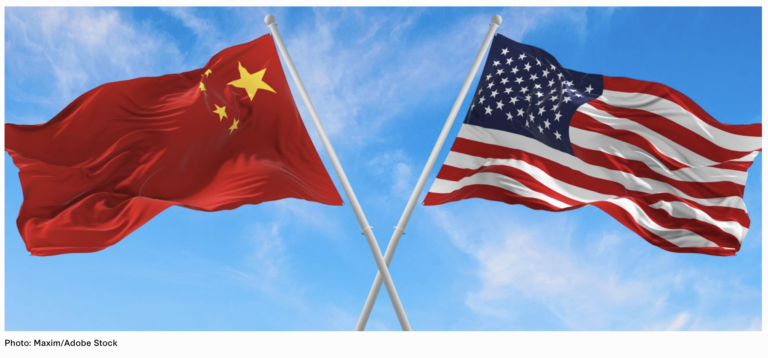Image from aljazeera.com
Amazon tribes have emerged victorious in a landmark legal battle that could have far-reaching implications for indigenous rights and environmental protection. The Brazilian Supreme Court ruled in favor of the tribes, recognizing their constitutional right to their ancestral lands and ordering the government to demarcate and protect those territories.
The Importance of Land Rights
Land rights are crucial for indigenous communities as they provide a foundation for their cultural identity, livelihoods, and overall well-being. For centuries, Amazon tribes have faced encroachment on their lands by loggers, miners, and agribusiness, leading to deforestation, pollution, and the displacement of indigenous peoples.
By securing legal recognition of their territories, Amazon tribes gain the power to defend their lands against illegal activities and preserve their traditional way of life. This victory sets an important precedent for other indigenous communities fighting for their rights around the world.
The Legal Battle
The legal battle began in 2008 when the Brazilian government failed to fulfill its constitutional obligation to demarcate indigenous lands. The case reached the Supreme Court in 2012, and after years of deliberation, the court ruled in favor of the tribes in a 10-1 decision.
The ruling not only recognizes the rights of specific tribes involved in the case but also establishes a legal framework for the demarcation of indigenous lands across Brazil. It reinforces the constitutional protections enshrined in the Brazilian Constitution and international agreements, such as the International Labor Organization’s Convention No. 169.
Implications for Indigenous Rights
This landmark ruling has significant implications for indigenous rights in Brazil and beyond:
- Preservation of cultural heritage: The recognition of indigenous lands helps preserve the cultural heritage of Amazon tribes, including their languages, traditions, and knowledge of the environment.
- Protection of biodiversity: Indigenous territories in the Amazon are home to immense biodiversity, and their preservation is crucial for combating climate change and safeguarding the planet’s natural resources.
- Empowerment of indigenous communities: The ruling empowers indigenous communities to actively participate in decision-making processes regarding their lands and resources, promoting self-determination and autonomy.
Conclusion
The Brazilian Supreme Court’s ruling in favor of Amazon tribes is a significant victory for indigenous rights and environmental protection. It sets an important precedent for the recognition and demarcation of indigenous lands, providing a legal framework to safeguard the rights, cultures, and territories of indigenous communities.
This landmark decision not only benefits the tribes directly involved in the case but also serves as a beacon of hope for indigenous peoples worldwide. It highlights the importance of land rights in preserving cultural heritage, protecting biodiversity, and empowering indigenous communities to shape their own futures.
By upholding the rights of Amazon tribes, Brazil takes a step towards a more inclusive and sustainable future, where the voices and rights of indigenous peoples are respected and protected.



























+ There are no comments
Add yours